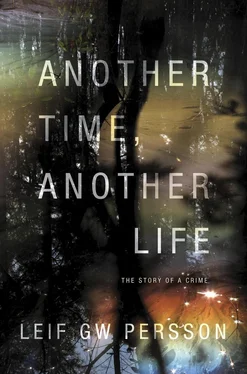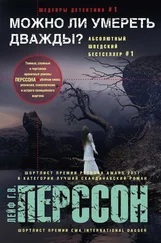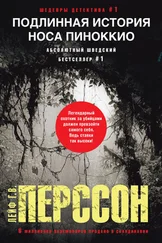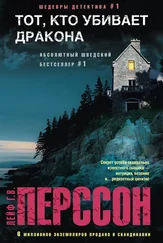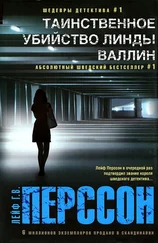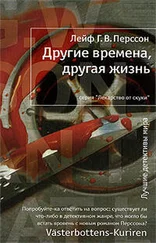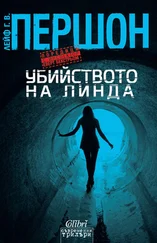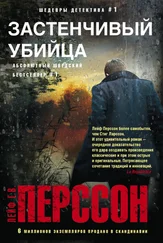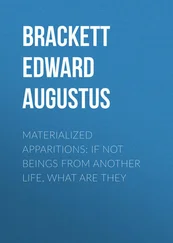Someone else who had strong memories of the embassy drama, besides having been involved from start to finish, was then police constable Stridh. Stridh was driving a patrol car on Östermalm, and Djurgården was part of his area. Stridh was also in charge of the patrol car that arrived first at the West German embassy, according to his own notes up to the moment before central command sent out the alarm he was responding to, and only due to the fact that his watch was a few minutes slow.
Stridh’s quick action had greatly surprised both his bosses and his colleagues, among whom Stridh was best known — to put it gently and collegially — for his thoughtfulness. His colleagues had nicknamed him “Peace at Any Price,” and he was not someone who had become the human face of the Stockholm police department’s rapid action out in the field. There were others who had done that.
The reason that he had been the “first man on the scene” at the West German embassy was not due to the fact that he normally patrolled in that area and thus, purely statistically, ought to have had at least a decent chance of doing so. He was actually a master at avoiding such things, and especially in spring when there were many of his motorized and considerably more ready colleagues who would take the opportunity for a drive out on Djurgården. There was a different reason.
The week before the embassy drama he had responded to a simple, rather harmless request over the radio. There was a guard at the Norwegian embassy who had observed a suspicious personal car prowling around the area and wondered, “Was there anyone in the vicinity who would check the vehicle in question?” Because this sounded innocent enough and the car it concerned was only fifty yards ahead of them on Djurgårdsbrunnsvägen in line with the Maritime History Museum, Stridh and his colleague had taken the assignment. They stopped the vehicle and conducted an ordinary, routine traffic check.
It was a fairly new, far from inexpensive Mercedes. It was being driven by a young man, about twenty-five, and beside him sat an even younger woman. All papers were completely in order, and the young people in the car were pleasant, a bit giggly and a little nervous, as decent people easily get when stopped by the police. Without his having asked the question, the young woman explained that this was her parents’ car and that they were just out for a drive with no particular destination. Stridh had no further questions. He nodded amiably as he gave back the young man’s driver’s license, and when he and his colleague had driven away he thought about spring and youth and love. Then they drove to the station to take a coffee break, and if it hadn’t been for what happened a few days later, he would certainly have forgotten the entire incident.
His colleague on the radio had called again. The same guard had observed the same vehicle he had seen a few days before, and he asked if there was possibly a car in the vicinity that could keep an eye out for the vehicle in question and preferably also take a swing past the embassy and talk with the person who had called. Stridh had taken the assignment, and to keep things simple he had driven straight to the embassy without looking for any Mercedeses en route. There were plenty of cars of that make in that particular area.
At the embassy Stridh had spoken with the guard who had called the police. He was about thirty-five, Norwegian, a nice guy who without asking served coffee and cookies while they were talking. Norway, Norwegians, and the Norwegian embassy did not have a score to settle with anyone, yet the embassy guard had observed the vehicle in question on at least four occasions in as many days. Considering that the Germans were right across the street, after his second sighting he had decided to call the police.
“Have you talked with your colleague at the German embassy?” asked Stridh.
He had not. If he could avoid it, he did not talk with Germans for personal reasons. He preferred to talk with the Swedish police.
“They put my father in Grini,” he explained, and that was good enough for Stridh, whose major interest in life was not police work but modern European history. In contrast to some of his colleagues he had never had any problems with his historical sympathies.
“I know what you mean,” said Stridh with a Norwegian intonation and smiled. Nice guy, he thought.
When he drove away half an hour later he first intended to write a few lines about the matter, but on closer consideration he decided to let it be. A simple mental note would have to suffice, for regardless of whether the guard seemed to be a good, reliable fellow, his information was far from certain. Thus he could not say without a doubt that it had been the same car all four times. Two times it was, for then he had managed to get the license plate number. And unfortunately he had a rather uncertain memory of the driver. The first time it was a young man who drove, and he had someone beside him in the passenger seat; this the guard was “rather certain” of, but he had not managed to see if it was a “boy or a girl.” The second time that he had taken the license plate number he was “almost sure” that the car was being driven by “a boy” and that he was alone in the vehicle, but if he was also the same young man as the one who had a passenger with him on the earlier occasion he could not say.
After having pondered the matter further, Stridh decided that there must be some banal, natural explanation and to refrain from the mental note as well. Right before lunch on Thursday the twenty-fourth of April 1975, he changed his mind. The next morning, despite the fact that he was dead tired after working far into the night, he drove to the station, borrowed a typewriter, and wrote a lengthy, completely perspicacious summary of his observations and his conversation with the guard at the Norwegian embassy. This he gave to his boss, who nodded and promised to pass it on to “the spies up at Kungsholmen.”
After that nothing happened. No one called, and as time passed he forgot the whole thing. You just had to assume that one of the secret police colleagues had checked the whole thing out and reasonably come to the same conclusion that he himself had at first — namely, that there was some banal, very innocent explanation.
Therefore he had been extremely surprised when almost fifteen years later, in the middle of December 1989, a Commissioner Persson from the secret police rang the doorbell to his pleasant little two-room apartment on Rörstrandsgatan and wondered whether he had time to talk about the observations he had made in connection with the events at the West German embassy in April 1975.
1
Thursday evening, November 30, 1989
It turned out to be an alarm with a number of obstacles, and considering that it also turned out to be a murder it was unfortunate that it took so long before the police arrived at the scene. In the normal course of things, it might have been possible to save the life of the victim, or at least arrest the culprit and thus avoid a lot of inconvenience. But things were not normal, and so it turned out the way it did. At Stockholm Police Department’s command center it was agreed, however, that it was not Charles XII’s fault.
A few days earlier the legal department of that same police agency had granted permits for two different demonstrations, and both decisions had been preceded by considerable legal and mental exertion and extensive strategic and tactical consideration.
In the first application to arrive, various “patriotically minded organizations and individual Swedish citizens” — which was how they described themselves — wanted to “pay homage to the Swedish heroking on the anniversary of his death.” This was to occur in the form of a torchlight procession from Humlegården to the statue of Charles XII in Kungsträdgården, with massed standards, the laying of a wreath and speeches at the statue itself, and the whole thing was planned to start at 1900 hours and be finished at 2100 hours at the latest.
Читать дальше
